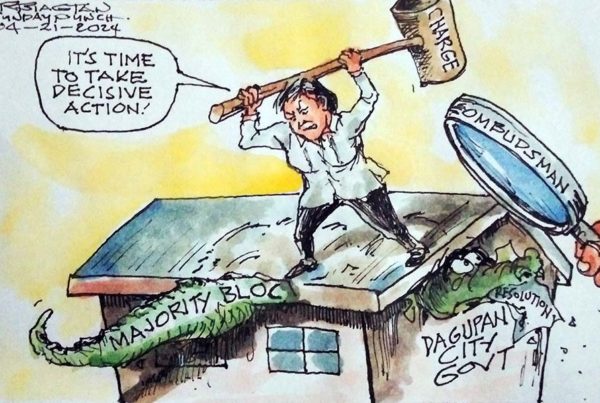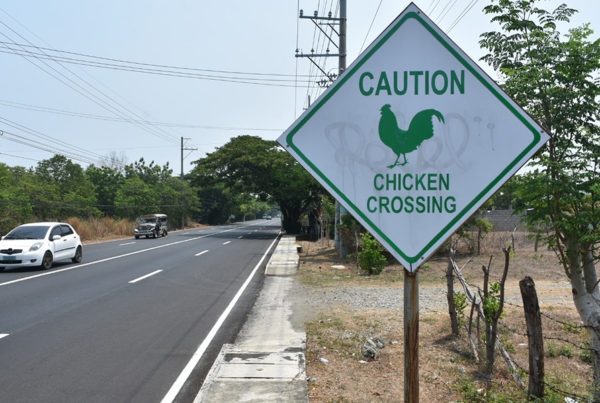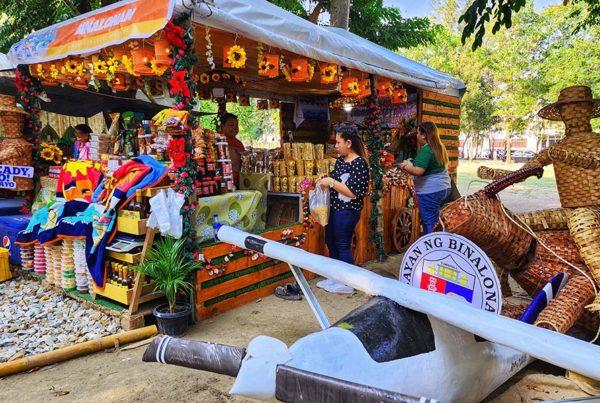Mango industry threatened by cecid flies, bad practices
SAN CARLOS CITY’S OTOP
SAN CARLOS CITY—Mango growers in the mango capital of Pangasinan and Region 1 are beset anew only by cecid fly that infest the Filipinos’ favorite summer fruit that result in ‘kurikong’ but by bad practices of growers themselves as well.
This was pointed out by City Agriculturist Estrellita Lacaban who said the growers are more concerned with short term profits.
She said cecid flies attack mango fruits at night, leave black circular marks on the fruit after they lay their eggs on it, are difficult to control.

“People call the damaged fruit “na-armalite (hit by an armalite) because of the black holes. Cecid fly is the cause and the effect of the kurikong,” Lacaban said
“It’s a region-wide problem,” she said and advised mango growers to give their mango trees “breathing time” of one to two years by not spraying chemicals on the trees.
“It’s like a woman, if she keeps on getting pregnant, her body weakens,” she said.
She said some mango sprayers ignore their call for nurturing of the trees and are only concerned about their yearly profits.
She said mango growers need to fertilize the plants while these are on “rehabilitation process” to improve their resistance, and expressed that all growers would heed their advice.
From spraying to harvest, it takes about 115 days to mature, and she went on to suggest that mango growers do bagging of the fruits so proper sanitation in their areas can be observed.
The city has 1,743 hectares devoted to mangoes. Each hectare has 43 mango trees and in previous years, there were about 14 metric tons of mangoes harvested per hectare every year.
But over the past two years, the production was down to 12 metric tons per hectare, Lacaban said.
Last year, mango production in the city has decreased by 20 percent.
Lacaban said when Typhoon Ondoy struck the city in 2009, many mango trees were uprooted and the city government intervened by implementing seedlings and planting to sustain the industry.
The city also holds Mango-Bamboo Festival every year. This year, the festival will be held on April 23-29. (Eva Visperas)
Share your Comments or Reactions
Powered by Facebook Comments











